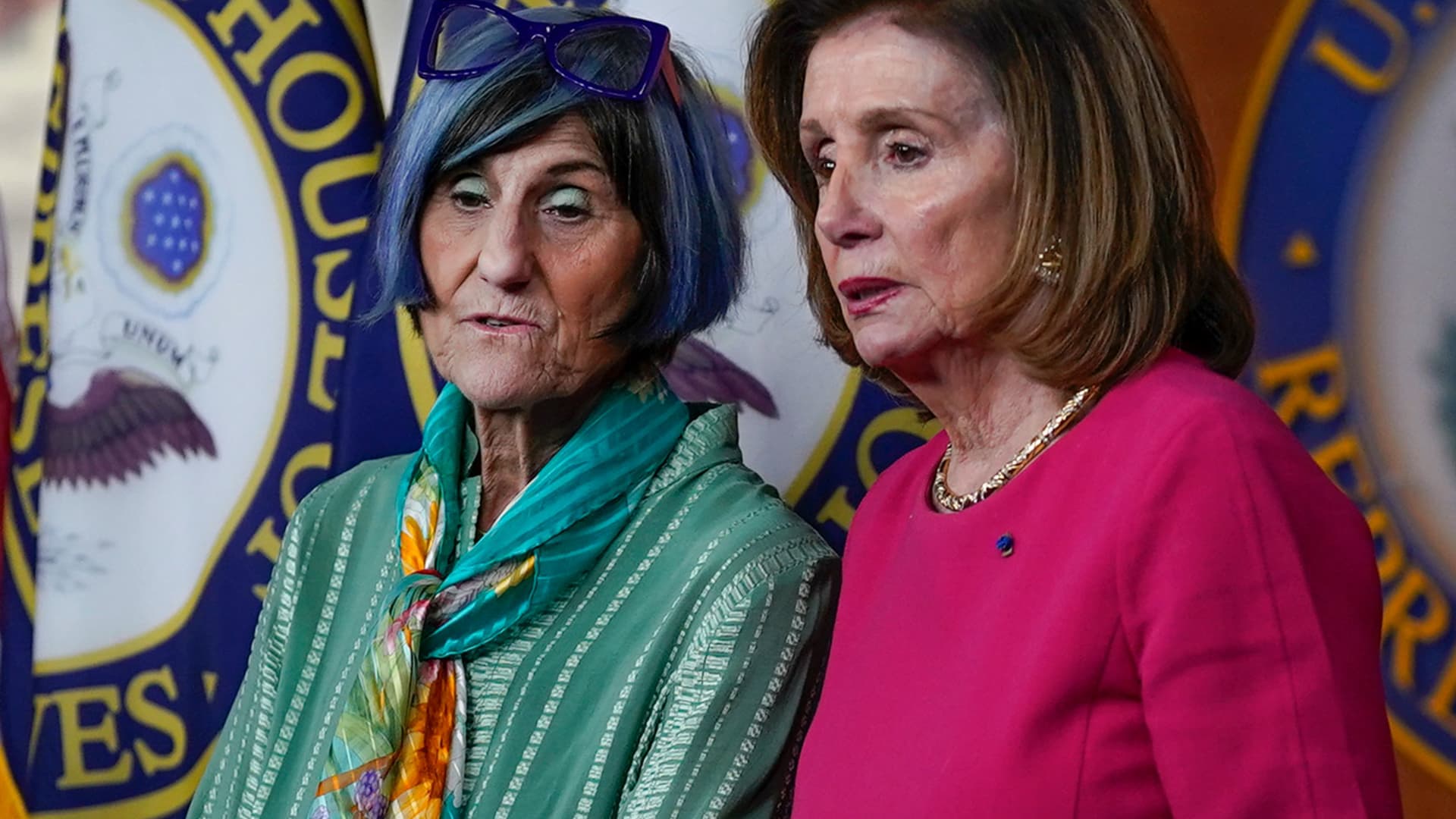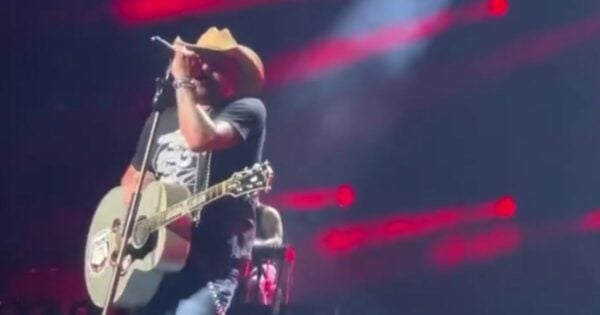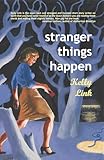
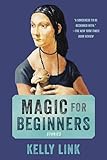
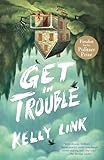
 With the release of her debut novel, The Book of Love, Kelly Link finds herself in the position George Saunders was in before the release of Lincoln in the Bardo. Link is worshiped as a short-story writer—she’s been hailed as a “genius” and dubbed the “queen of realistic fantasy”—but here she faces the challenges of matching such high praise in her first novel. Early collections like Stranger Things Happen (2001) and Magic for Beginners (2005) imbued the genres of fantasy, horror, science fiction, and fairy tales with literary style at precisely the time when writers like Michael Chabon and Kate Bernheimer were first launching their now-successful campaigns to garner more respect, or at least quieter disrespect, for genre work in the literary world. Her 2015 collection, Get in Trouble, was a finalist for the Pulitzer and was the main work cited by the MacArthur Foundation when awarding her its “Genius Grant.” Her fifth and keenest short story collection, last year’s Black Cat, White Dog, rewrites and riffs on fairy tales.
With the release of her debut novel, The Book of Love, Kelly Link finds herself in the position George Saunders was in before the release of Lincoln in the Bardo. Link is worshiped as a short-story writer—she’s been hailed as a “genius” and dubbed the “queen of realistic fantasy”—but here she faces the challenges of matching such high praise in her first novel. Early collections like Stranger Things Happen (2001) and Magic for Beginners (2005) imbued the genres of fantasy, horror, science fiction, and fairy tales with literary style at precisely the time when writers like Michael Chabon and Kate Bernheimer were first launching their now-successful campaigns to garner more respect, or at least quieter disrespect, for genre work in the literary world. Her 2015 collection, Get in Trouble, was a finalist for the Pulitzer and was the main work cited by the MacArthur Foundation when awarding her its “Genius Grant.” Her fifth and keenest short story collection, last year’s Black Cat, White Dog, rewrites and riffs on fairy tales.
In the short story form—otherwise dominated by subtle precisionists like Alice Munro or Joan Silber—Link deals in self-consciously tacky extremity, an aesthetic at home with the films of Panos Cosmatos or the music of Frank Zappa, and her collections often pale those of whatever quiet realist they’re shelved beside. Indeed, the form of the story collection particularly suits Link’s strengths, her bottomless well of ideas and knack for making them cause each other. (Her last name fits—everything’s connected.) Her juxtapositions jolt the reader out of complacency, distance them from sentimentality, and instead present for them vexed revelations that howl like a wolf and cut like a dirk. “I do not hope,” she writes in “The White Road,” from White Cat, Black Dog, “but still I hope and do not know what I am hoping for.”
The Book of Love houses Link’s considerable imaginative breadth in a stabler form and setting. The novel conjures the town of Lovesend, Massachusetts, in December of 2014, where three high schoolers have just come back to life. Daniel Knowe, Laura Hand, and Mo Gorch awaken from a “blotted, attenuated, chilly nothingness” to find themselves once again in the classroom of their high school music teacher, Mr. Anabin. Accompanied by a mysterious form they met in the underworld and call Bowie (for his mismatched eye colors), the three students remember only that they died at a concert for Laura and Daniel’s band, My Two Hands Both Knowe You. Mr. Anabin, working in tandem with a shapeshifting wolf and guardian of the underworld named Bogomil, offers them a chance to live again. Bogomil writes the rules of the game on the chalkboard: “2 RETURN 2 REMAIN.” The high schoolers must live among their families for a trial period to discover how they died and complete a series of magical tasks if they want to retain their lives. Whom do they love, they wonder, and whom have they left?
Link’s descriptions of Lovesend and Lewis Latimer Public School display her fabulist chops, fantasticating the scenery with hammy details and camp imagery. Rarely do two pages pass without an encounter with something like “the world’s gothest santa” or a coffee shop called What Hast Thou Ground? Bowie can turn into “thousands and thousands of white moths” or a seagull—but then he’s actually a centuries-old woman being hunted by the brother of a man she killed. That brother, naturally, is also the henchman of a goddess named Malo Mogge, who roams the town, turning civilians into carousel animals. Meanwhile, Mo’s grandmother Maryanne, a famous romance novelist, pen name Caitlynn Hightower, builds monuments to Black inventors around town and keeps an attic full of rare instruments. The rate of invention’s astonishing.
Though Link’s stories often keep closer bedfellows with Karen Russell and Aimee Bender, her novel is pulpier and more bathetic, in some ways a piece of straight fantasy. To draw her characters to the reader and cut through the shapeshifting mayhem around them, Link treats traditional generic tropes as a kind of scaffolding on which to build her imaginative worlds. This approach brings The Book of Love much closer to the work of Charlie Jane Anders or Leigh Bardugo, whose work makes fewer concessions to the language and manners of literary fiction. Here Link fuses two major settings of YA genre work, the magical school (Harry Potter, The Magicians) and the high-stakes tournament (The Hunger Games, Divergent), to novel effect. Her characters have come back from the dead and have an opportunity to return to life, an inversion of the progression of most fantasy, where characters compete to avoid death.
Of course, the characters who people The Book of Life are high schoolers, and Link’s chosen to represent, often with banal fidelity, the ways in which high schoolers speak. She’s included the kinds of quotidian interchanges most novels skip. (“Hey, Hannah.” “Hey.” “Sup.” “What are you up to?”) Cartoon angst comes rendered with enfilades of exclamation points. (“I wish you were dead!”) Their humor is quippy, sarcastic rather than ironic, sometimes chillingly unfunny. (“Glass half-full, glass half-empty, you’re acting like it’s glass free refill”; “Wake up on the wrong side of the cemetery again?”) In a short video from 2016, Link once said that “if the interior point of view supports or echoes the thing that they’re saying in dialogue, you don’t need it.” Like many great writers, Link sometimes ignores her own best advice.
Yet perhaps it’s because of the characters’ undiscriminating sincerity that The Book of Love can pull off its romantic aspirations. Like high school love, the love in Link’s novel comes on fast and blabs about it. It’s there in Daniel and Susannah, and Laura and her beloved Rosamel Walker, and Mo and his grandmother. In the pouting fits of Mo, the novel does gesture weakly at a tempering cynicism, like a halfhearted protest. Mo claims that “in real life everyone knew love was mostly just hard work,” and elsewhere declares that it lasts “only slightly longer than pastries and shortbread.” But the novel’s unable to suppress its own romanticism. For all her generic legerdemain, Kelly Link is deep down a romance writer, and The Book of Love is a Caitlynn Hightower book. After all, love has been a preoccupying theme of Link’s right from her first published story, 1995’s “Water Off a Black Dog’s Back,” in which a character commands, “Tell me which you could sooner do without, love or water.” If posed this question, her novel is happy, with its shapeshifting and enthusiastic hookups, to be thirsty. (“Casual sex is the only true, good thing in this unjust and fucked-up world,” a minor character declares.) As Lovesend’s punny name implies, love here is fleeting, and its pleasures are ephemeral. Sometimes it’s in the form of a fling or a feeling, sometimes only as sincere as the exclamation points with which it’s uttered, but “every love, though there may be ups and downs to keep our interest, is true and living.”



















































